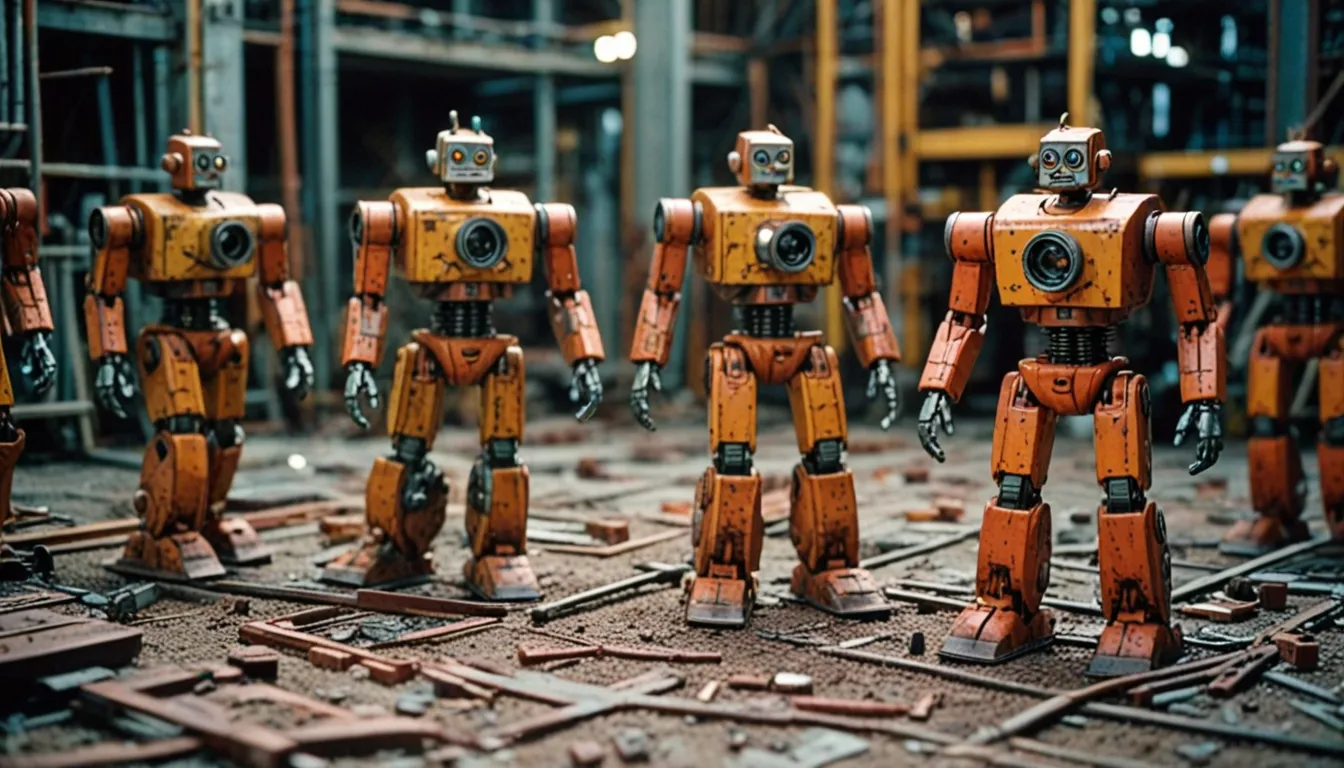The construction industry, long characterized by manual labor and traditional techniques, is on the brink of a major transformation
Artificial intelligence (AI) and automation are rapidly advancing, poised to revolutionize every aspect of construction—from design and planning to execution and maintenance. As these technologies continue to evolve, they promise to make construction more efficient, cost-effective, and sustainable, ultimately reshaping the industry’s future.
AI-Driven Design and Planning
One of the most significant impacts of AI in construction is its ability to optimize design and planning processes. Traditional design methods often involve extensive manual work, requiring architects and engineers to create detailed plans that consider a myriad of factors, such as structural integrity, energy efficiency, and aesthetics. AI, however, can streamline this process by analyzing vast amounts of data and generating optimized designs that balance all these factors.
AI algorithms can also predict potential issues in the design phase, such as material inefficiencies or structural vulnerabilities. By identifying these problems early, AI helps reduce costly revisions and delays during construction. Moreover, AI-driven design tools can automatically generate multiple design options, allowing architects and builders to choose the most efficient and sustainable solutions.
Automation on the Construction Site
Automation is transforming the physical construction process itself, with robots and autonomous machinery taking over tasks that were once performed manually. For instance, robotic bricklaying machines can work around the clock, laying bricks with greater precision and speed than human workers. Drones equipped with AI capabilities are being used to survey construction sites, monitor progress, and provide real-time data to project managers.
Autonomous construction vehicles, such as bulldozers and excavators, are also becoming more common. These machines can perform repetitive tasks with minimal human intervention, increasing productivity and reducing labor costs. By automating these tasks, construction companies can complete projects faster and more efficiently, while also minimizing the risk of human error.
Enhancing Safety and Reducing Risk
Safety is a critical concern in the construction industry, and AI is playing a crucial role in improving it. AI-powered systems can monitor construction sites in real-time, identifying potential hazards and alerting workers and supervisors before accidents occur. For example, AI algorithms can analyze footage from surveillance cameras to detect unsafe behavior, such as workers not wearing protective gear or vehicles operating in dangerous proximity to pedestrians.
Automation also reduces the need for human workers to perform dangerous tasks, such as working at heights or in confined spaces. Robots and drones can take over these high-risk jobs, significantly reducing the likelihood of accidents and injuries on construction sites.
Sustainability Through AI and Automation
The construction industry is one of the largest contributors to environmental degradation, responsible for a significant portion of global carbon emissions and waste. AI and automation offer new ways to address these challenges by promoting more sustainable construction practices.
AI can optimize building designs to improve energy efficiency, reduce waste, and lower the environmental impact of construction projects. For instance, AI algorithms can analyze weather patterns and building orientation to determine the most energy-efficient designs. Automation, on the other hand, can minimize material waste by ensuring precise measurements and reducing errors during construction.
Furthermore, AI can help construction companies monitor and manage their carbon footprint. By analyzing data on energy consumption, material use, and transportation, AI can identify areas where emissions can be reduced, enabling companies to make more environmentally conscious decisions.
Challenges and Opportunities
While AI and automation offer significant benefits to the construction industry, they also present challenges. One of the primary concerns is the potential for job displacement as machines take over tasks traditionally performed by human workers. However, rather than replacing jobs, AI and automation are expected to shift the nature of work in construction. Workers will need to adapt by acquiring new skills in operating and maintaining advanced technologies.
Additionally, the initial cost of implementing AI and automation technologies can be a barrier for some construction companies, particularly smaller firms. However, as these technologies become more widespread and affordable, the long-term cost savings and efficiency gains are likely to outweigh the initial investment.
The Future of Construction
The construction industry is at the cusp of a technological revolution, driven by AI and automation. These innovations are not just improving efficiency and safety; they are reshaping the entire construction process, from design to execution and maintenance. As AI and automation continue to advance, the construction industry will become smarter, more sustainable, and better equipped to meet the challenges of the future. The buildings of tomorrow will not only be constructed faster and more efficiently but will also be safer and more environmentally friendly, thanks to the power of AI and automation.

